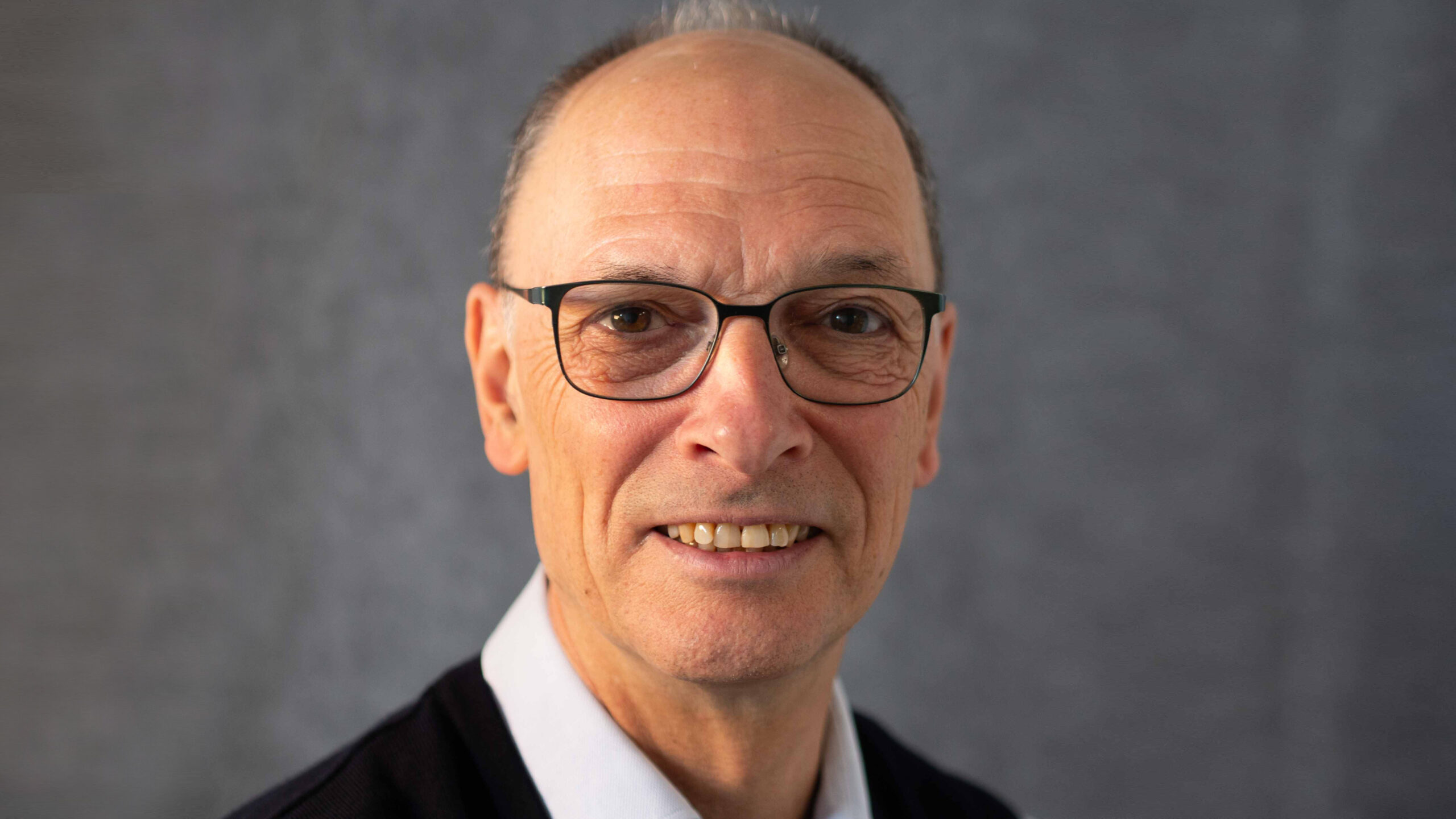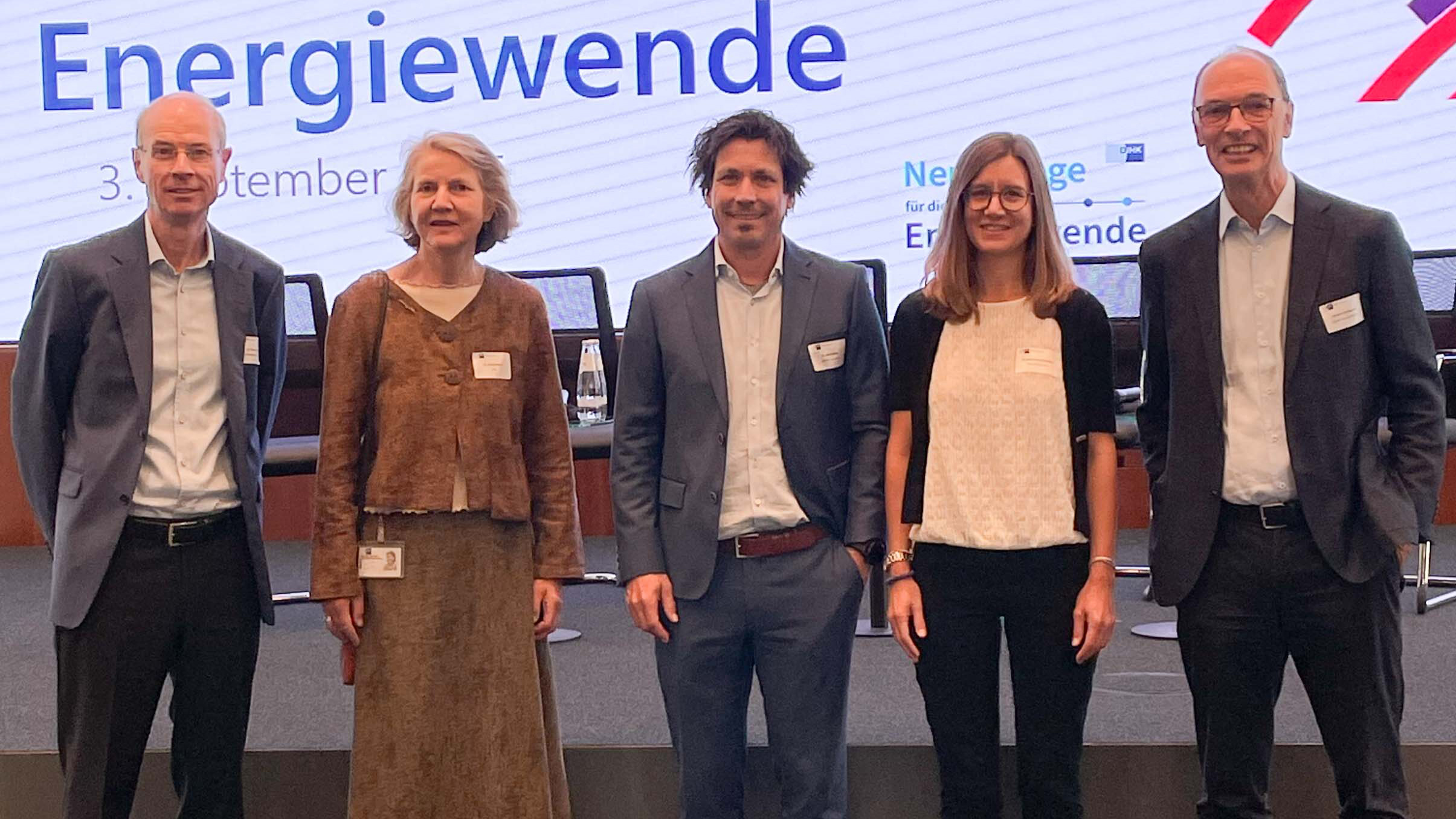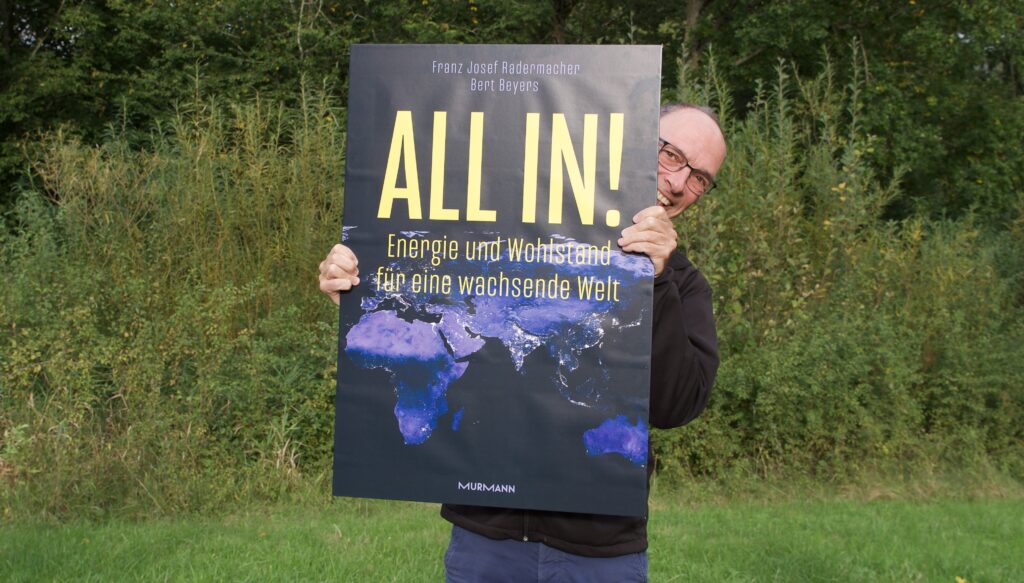At this point, some news of the last few weeks will be addressed which, from GES’ point of view, are reason for hope because they contain building blocks of a possible global solution and / or could help to develop a realistic view of the challenges ahead of us.
In the revised German hydrogen strategy, blue hydrogen (produced from natural gas with CCS) is now also accepted on a transitional basis. The target for domestic production of green (electrolytically produced) hydrogen is 10 gigawatts by 2030, which should cover about one third of German demand.
Oil companies are getting into the German offshore wind business in a big way. The Federal Network Agency reports an unusually high result in the auction of four areas for wind farms in the North and Baltic Seas – close to 13 billion euros. The winning bids were won by companies backed by the oil giants BP and Total. Neither RWE nor EnBW were successful in the auction. The wind farms off Helgoland and Rügen are scheduled to start operating in 2030.
Nevertheless, the expansion of wind energy is far from sufficient to achieve Germany’s energy policy goals for 2030, according to a report by the German Wind Energy Association (BMWE). Chancellor Olaf Scholz had once spoken of four to five new wind turbines per day, but in the first half of 2023 there were only two.
Germany will miss its self-imposed target of achieving climate neutrality in 2045. According to Spiegel, this is what a preliminary report by the Federal Environment Agency says. According to the report, around 160 million tonnes of CO2 will still be emitted in 2045.
Subsidised industrial electricity price on the brink? The scientific advisory board of the Federal Ministry of Finance has spoken out against corresponding plans by Economics Minister Robert Habeck. “In times of tight finances and in view of the necessary show of strength in the expansion of renewable energies, we advise against the introduction of an industrial electricity tariff,” reads a statement by the panel, according to Handelsblatt.
The federal government and the state of North Rhine-Westphalia may support Thyssenkrupp in its steel production line using hydrogen. The OK for 2 billion euros in subsidies has now come from the EU. The new plant is scheduled to go into operation in 2026, but will initially run on natural gas and then be converted to hydrogen. GES will follow these projects closely, as practically no steel has been produced with such processes using hydrogen so far, but only using at least 75 precent natural gas.
Great Britain wants to grant hundreds of new licences for oil and gas drilling in the North Sea. The reason given by Prime Minister Rishi Sunak was to strengthen energy security and independence from imports. There are also plans to store CO2 under the North Sea off the Scottish coast. Carbon capture and storage plays a major role in the UK’s plans to become carbon neutral by 2050.
At the same time, Vattenfall has stopped the expansion of one of the largest wind farms in the North Sea off the UK. The costs had risen dramatically. Wind power, along with carbon capture, plays a crucial role in the country’s Net Zero plans.
Oil companies such as BP, ExxonMobil and Shell have quietly weakened their own climate protection targets, according to a report in the Guardian. According to the report, BP, for example, has revised its own target of reducing CO2 emissions by 35 per cent by 2030. Now there is only talk of 20 to 30 percent.
The World Shipping Organization (IMO) has agreed on stricter targets for climate protection. The international merchant fleets are to be climate-neutral by about 2050. In the past, the IMO had only targeted a halving of CO2 by this date. The organisation has 175 member states. International shipping accounts for about three percent of global CO2 emissions.
Brazil and Colombia are calling for help in rainforest protection. The presidents of both countries, Lula da Silva and Gustavo Petro, expect financial support from richer states. Talks are currently underway among the Amazon countries: Bolivia, Brazil, Colombia, Ecuador, French Guyana, Peru, Suriname and Venezuela. Lula called on these countries to adopt Brazil’s voluntary commitment to end illegal deforestation by 2030.
The International Energy Agency (IEA) criticises that the fight against methane emissions is proceeding too slowly. In a new report, the IEA quantifies the investment requirements for a consistent reduction of the climate gas by 2030 – and names a sum of 75 billion US dollars. The demands are not only directed at states, but above all at the oil and gas industry.
The South Korean oil company Korea National Oil Corp has started a project to store CO2 captured by carbon capture in a depleted gas field. The project involves 1.2 million tonnes of CO2 per year.
A new think tank, the Clean Energy Forum, has been founded in Berlin. According to its website, the forum advocates an open exchange “about all technologies that can help us on the path to climate protection”. The focus is clearly on renewables, but Germany and Europe cannot be supplied with electricity and heat from wind, sun and earth alone. The Clean Energy Forum was founded by the Pflüger family. Friedbert Pflüger is a former German politician and management consultant.
The new head of the UN Climate Council, Jim Skea, believes that the 1.5 degree target is no longer achievable. Nevertheless, he does not think much of doomsday scenarios. “If you just keep sending out the message that we are all doomed, it paralyses people and stops them from taking the necessary action to deal with climate change,” Skea said.




